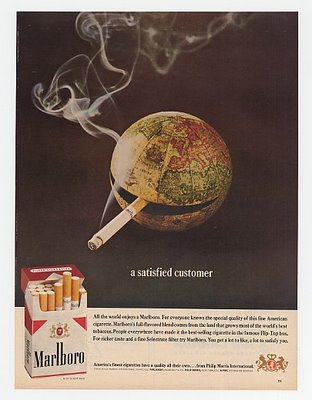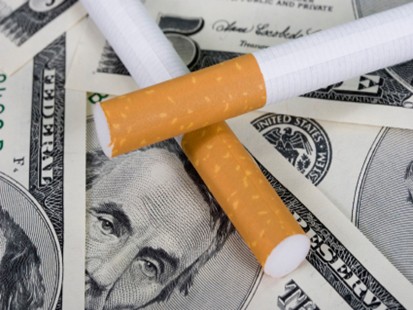 The University of Colorado at Boulder has accepted a $12.1 million grant from cigarette maker Philip Morris (PM) to put on "Life Skills Training" (LST) programs in middle schools, nominally aimed at reducing students' use of tobacco, alcohol and other drugs.
The University of Colorado at Boulder has accepted a $12.1 million grant from cigarette maker Philip Morris (PM) to put on "Life Skills Training" (LST) programs in middle schools, nominally aimed at reducing students' use of tobacco, alcohol and other drugs.
Notwithstanding that a federal court in 2006 found Philip Morris guilty of engaging in 50 years of public fraud and racketeering, a 2006 peer-reviewed study of tobacco industry documents conducted by the University of California San Francisco's Center for Tobacco Control Research and Education looked at why tobacco companies so robustly promote Life Skills Training. They found that since 1999, PM and Brown & Williamson have both worked to disseminate Life Skills Training programs into schools across the country. Why? As part of their effort, the two companies hired a public relations firm to evaluate the program. The evaluation showed that LST was not effective at reducing smoking, after either the first or second year of implementing the program. Despite this, the tobacco companies have continued to eagerly award grants to implement the program.
 Oil and tobacco companies and other businesses hoping to press their agenda in the California legislature picked up most of the tab for a gathering of about 25 Republican state legislators and a dozen of their aides at a luxurious beach resort in Santa Barbara, California.
Oil and tobacco companies and other businesses hoping to press their agenda in the California legislature picked up most of the tab for a gathering of about 25 Republican state legislators and a dozen of their aides at a luxurious beach resort in Santa Barbara, California.
 The approach the world has taken to tobacco control holds many lessons for the
The approach the world has taken to tobacco control holds many lessons for the  The University of Colorado at Boulder has accepted a
The University of Colorado at Boulder has accepted a  Last spring,
Last spring,  History is unkind to tobacco companies, and never more so than since a federal court in 2006
History is unkind to tobacco companies, and never more so than since a federal court in 2006  The current debate over health insurance reform has led to renewed calls by conservatives for
The current debate over health insurance reform has led to renewed calls by conservatives for